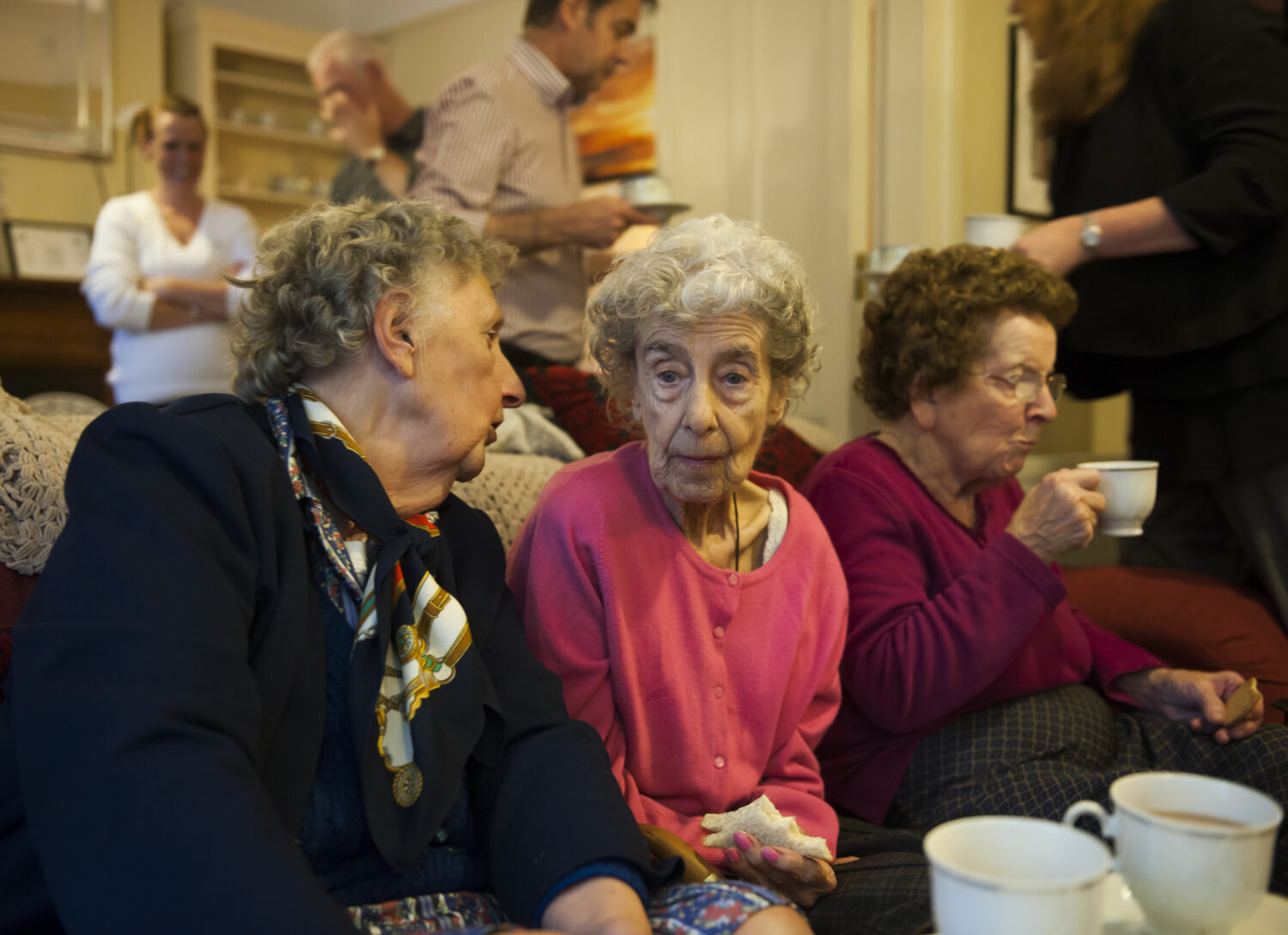Caring better, together
Social care has been increasingly relegated to the role of freeing up hospital beds. But it can be lifechanging in its own right - especially if we draw on 'relational' approaches, argues Jenny Kartupelis
In modern Britain, social care, particularly for older people, has become subservient to health care. Too often, it is limited to the basic function of protecting the NHS by reducing demand for treatment and, even more so, for hospital beds. But at a time when we are collectively revolutionising our concept of health – recognising that in its widest sense, health embraces mental and physical wellbeing, and that health is a positive state of being rather than just an absence of illness – this state of affairs is no longer tenable.
As we rebuild after the Covid-19 pandemic, we must raise rather than lower our sights, and return to the original ‘cradle to grave’ aspiration of the post-war reformers. To this end, Labour should draw upon new social care research, elevating social care to parity with health provision and using models that enable empowerment and equality between those seen as care givers and recipients such that all can be supported to flourish.
Such a ‘relational care’ model already exists in several care facilities for older people across the UK. The term reflects the critical insight that contentment, purpose and meaning in life, and hence empowerment and autonomy, are best promoted by networks of two-way relationships based on interdependence, mutual knowledge and trust. These observations have so far been substantiated primarily in nursing. But evidence from the UK, based on data provided by community and residential projects and impact studies, indicates that relational care has most to offer in long-term elderly social care, where relationships can be better established. Introducing change in this sector, from subtle changes to the environment through to the complete design revision of new-build care homes, enables improved wellbeing for everyone involved: carers and care staff, older people, professionals, providers, family, volunteers, and community.
These observations have emerged in part from studies comprising some 150 in-depth interviews in 50 different care facilities carried out over the last eight years, and have revealed the importance of certain definable critical factors in underpinning and favouring the practice of relational care. These include recruitment and training of staff; staff relationships and rota flexibility; links to the local community and providers; and how activities are organised and with what purpose. Factors in the physical environment are also important, a few examples being: several communal spaces rather than one large one; arrangement of furniture; décor; and the design of dining facilities and external grounds.
The Open University is now undertaking a rigorous academic investigation funded by the Hallmark Foundation, designed to understand better what relational care ‘feels like’ and identify its dimensions. It will generate a report promoting the practice and related policy, produce a toolkit outlining models and criteria that can be adapted for use in a range of care settings, and provide free OpenLearn materials for the care sector. The Open University research is reinforcing initial findings that practical implementation of relational practice results in more stable care settings, improved wellbeing of older people and care staff, and an environment that offers better opportunities for flourishing and fulfilment.
In the same way that social care for older people can become reduced to a subservient function of the NHS, legacy assumptions about older people inadvertently diminish them: a problem exacerbated by Covid-19 messages about frailty, protection and ‘shielding’ away from mainstream (especially younger) society. Current UK policy presents major challenges, too. These include silo working – particularly, but not solely, the dislocation between health and personal care in terms of funding, provision and accountability; under-questioned beliefs about the value of older citizens and the caring workforce and their place in society; and an extremely complicated and at times unfair system of funding elderly care. These arise in part from conflicting but deeply embedded theories: the expectation of older ‘disengagement’ from work to make way for the next generation, and a demand that people take personal responsibility for ageing ‘successfully’ and make as few demands on the public purse as possible. This has resulted in allocation of resources in ways that assume a lesser priority for the needs of older people and, concomitantly, a lower perceived value for the carers who meet these needs.
These challenges must be overcome, however; the benefits of relational care are simply too great to lose out on. They include, firstly, improved health for older people, including better appetite and reduced need for medication and, most importantly, improved mental and emotional health and resilience. Second, relational care places great emphasis on the value and skills of the care workforce, strengthening the argument for more training, competitive pay and conditions, and the importance of longevity of employment. Third, observations in facilities practising relational care (residential and community-based) indicate that while some of the key factors that favour it come with a substantial (justified) cost, others can be easily instituted and even result in cost savings.
These benefits reflect the Labour principles of equality, empowerment, the interdependence of individuals and society, and ensuring public and private provision represents value for money. By the principles Labour espouses, so it will be judged; the party must take the lead in supporting the development of this revolutionary approach to care.
Image credit: Catholic Church England via Flickr
Image credit (pinned): Andreea Popa via Unsplash

